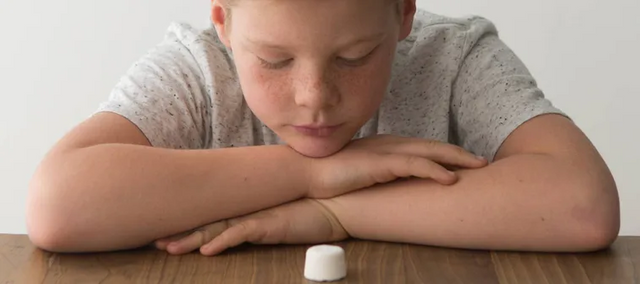Many people have low levels of self-control. Some experience ego depletion and lack self-discipline. Others avoid challenges out of fear of failure. Still others simply lack the inner strength and energy to do the things they know will improve them. Self-control is an important trait that requires self-awareness and standards. It is also a way to manage impulses and personal energy. By practicing self-control, you can become a stronger person who can resist the temptation to indulge in your favorite activities.

Image Source
Develop healthy coping skills
Healthy coping skills are the ability to handle stress and emotions without avoiding the source of the distress. These skills can help you focus on the problem at hand rather than trying to distract yourself with an escape strategy. Self-care techniques, such as exercise and hobbies, can help you deal with stress and keep your mind active and healthy. Learning and practicing self-control can help you develop coping strategies for different types of stress and a range of emotions.
By learning and practicing healthy coping skills, you can learn how to deal with everyday challenges without resorting to harmful behaviors or addictions. These techniques include meditation, exercise, and positive self-talk. They can help you navigate through the day without falling prey to emotional temptations. Self-control can also help you avoid drug or alcohol addiction. Having the proper coping skills can also help you make better decisions when it comes to relationships and work.
Hold purchases for twenty-four hours
If you're constantly in a hurry to make a purchase, practice self-control by holding off on it for twenty-four hours. You can also make a list of what you want to buy and then return to it in twenty-four hours. Holding off on a purchase is an easy way to improve your temper, productivity, and eating habits. But it may be harder than it sounds. Here are some ways to improve your self-control:
Practicing self-control
Practice putting yourself in situations where you need to exercise self-control. Setting a time limit for a task is an important part of self-control, especially if you are short on time. When you know your limit, you will be less likely to make impulsive purchases. To get better at self-control, practice role-playing to confront your emotions in a safe environment. Write down what you want to buy and revisit the list in 24 hours. Practice in small increments and then work your way up to bigger ones.
Another way to teach your child self-control is through games. Kids are more likely to practice self-control when they find the exercise enjoyable and engaging. Make sure you explain what self-control is so they can understand why you need it. The best games will also explain what self-control is. Practice in fun ways so kids will feel good about themselves. By incorporating games that involve self-control, kids will learn how to resist temptation and avoid being impulsive.